2024 History: The Remarkable Rise and Conquests of Alexander the Great
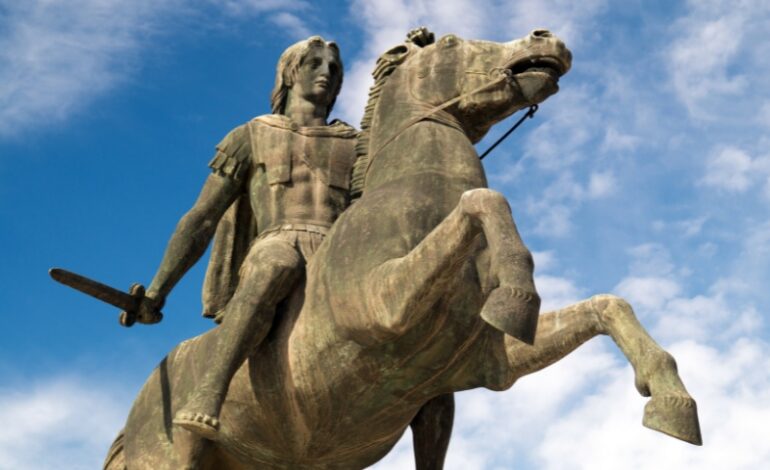
Alexander III of Macedon, more commonly known as Alexander the Great, stands as one of the most influential and celebrated military commanders in the annals of history. Born in 356 BCE in the ancient Greek kingdom of Macedonia, Alexander’s legacy is defined by his extraordinary military campaigns, which ultimately resulted in the creation of one of the largest empires of the ancient world.
Inheriting the Macedonian throne at the young age of 20, after the assassination of his father, King Philip II, Alexander wasted no time in asserting his authority and expanding his dominion. Even as a youth, Alexander had demonstrated remarkable intellect, military prowess, and leadership abilities, traits that had been carefully nurtured by his father and the renowned philosopher, Aristotle, who had tutored the young prince.
Crossing the Hellespont: The Invasion of the Persian Empire
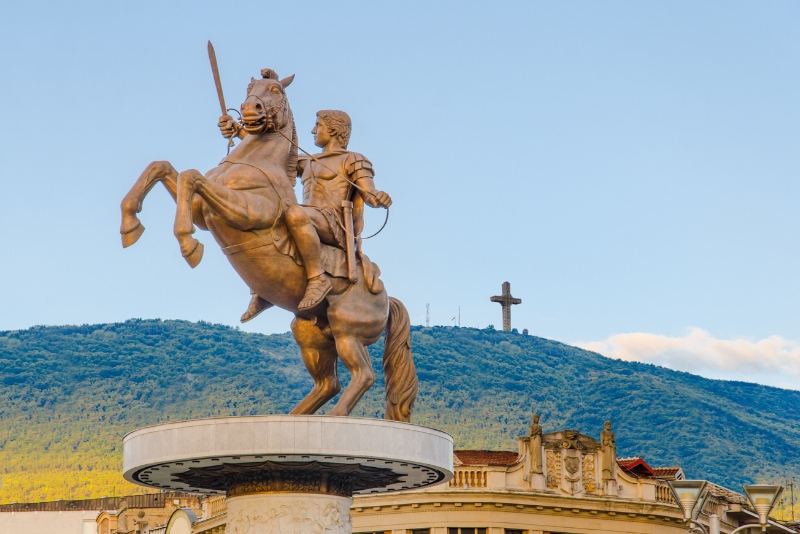
Alexander’s first major military triumph came in 334 BCE, when he led his Macedonian forces across the Hellespont (modern-day Dardanelles) and into the Persian Empire, sparking a series of battles that would come to define his legacy. The Persian Empire, under the rule of the Achaemenid dynasty, was a formidable foe, boasting a vast territorial expanse and a well-equipped military, led by the powerful King Darius III.
However, Alexander’s strategic brilliance, combined with his bold and decisive leadership, allowed him to systematically dismantle the Persian defenses. The Battle of the Granicus, where Alexander’s forces decisively defeated the Persian army, marked the beginning of his conquest of the Persian territories. This victory was followed by the Battle of Issus in 333 BCE, where Alexander once again emerged victorious, despite being outnumbered by the Persian forces.
Adaptability and Consolidating Control
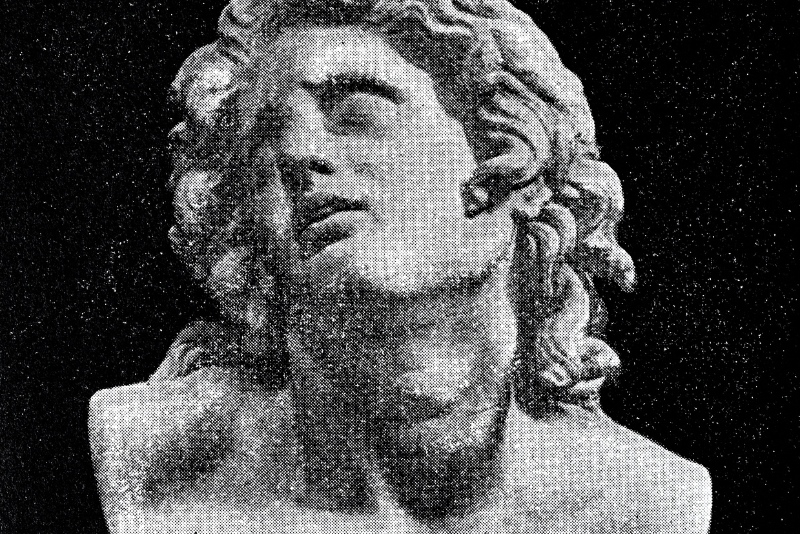
As Alexander marched deeper into Persian territory, he demonstrated a remarkable ability to adapt and innovate, incorporating local customs and traditions into his administration of the conquered lands. This approach, coupled with his renowned generosity and charisma, allowed him to win the loyalty and support of the conquered populations, further consolidating his control over the expanding Macedonian Empire.
One of the key engagements that solidified Alexander’s triumph over the Persians was the Siege of Tyre in 332 BCE. The island city of Tyre, a strategic and well-fortified Persian stronghold, proved a formidable challenge for Alexander’s forces. However, through sheer determination and innovative siege tactics, including the construction of a massive causeway to access the island, Alexander was able to capture the city after a grueling seven-month siege.
The culmination of Alexander’s conquest of the Persian Empire came in 331 BCE at the Battle of Gaugamela. Here, Alexander’s forces decisively defeated the army of Darius III, securing control over the heart of the Persian Empire. This victory paved the way for Alexander’s triumphant entry into the Persian capital of Persepolis, where he famously ordered the burning of the royal palace, an act that symbolized the end of the Achaemenid dynasty.
Following his conquest of Persia, Alexander continued his relentless advance, extending his empire into the Indus Valley and Central Asia. His military campaigns in these regions were marked by innovative tactics, such as the use of elephants in battle, as well as his ability to inspire and motivate his troops, who were fiercely loyal to their young commander.
Challenges and Tragedy in Alexander The Great’s Reign
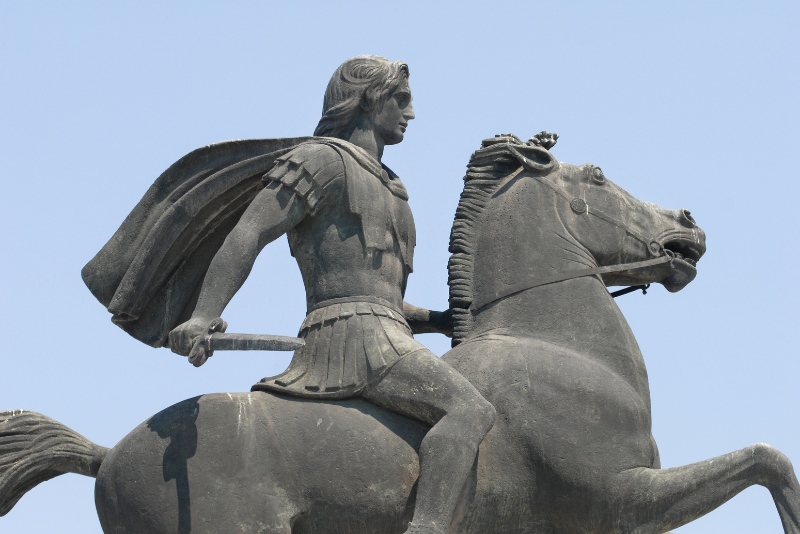
Despite the immense scale of his conquests, Alexander The Great’s reign was not without its challenges. The vastness of his empire, combined with the difficulties of maintaining control over distant territories, eventually led to unrest and rebellion among his subjects. Additionally, Alexander’s own personal life was marked by tragedy, as he grappled with the loss of close friends and family members, as well as his own declining health due to the rigors of his military campaigns.
Alexander the Great’s death in 323 BCE, at the age of just 32, did not diminish the impact of his legacy. His empire, which stretched from the Balkans to the Indus Valley, was divided among his generals, giving rise to a new era of Hellenistic kingdoms. The cultural and political influence of Alexander’s conquests can be seen throughout the ancient world, as he helped to spread Greek language, art, and philosophy to the far corners of his domain.
Alexander’s military genius and ambition transformed the ancient world in profound ways. His conquest of the Persian Empire not only brought an end to the Achaemenid dynasty but also ushered in a new era of Hellenistic culture and influence. The introduction of Greek language, art, and ideas to the conquered territories had a lasting impact, as these elements became integrated into the fabric of local societies.
The Macedonian Monarch’s Influence on Warfare
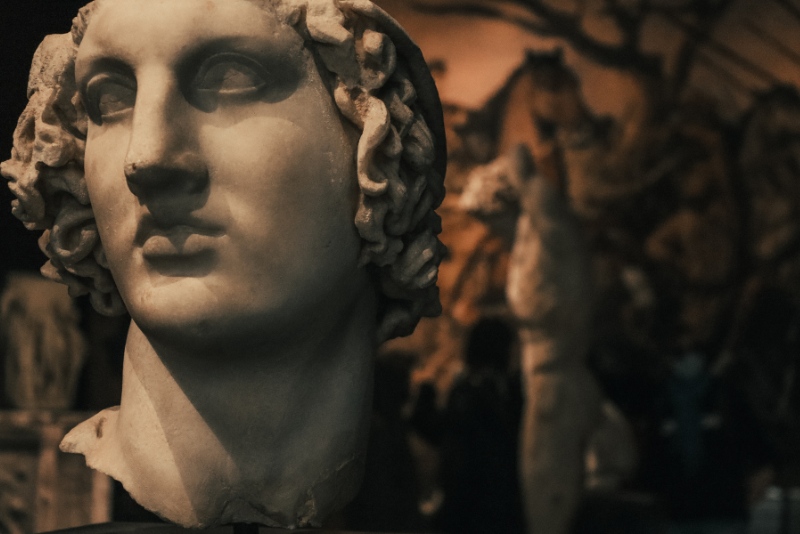
Alexander The Great’s military prowess and innovative tactics also left a lasting mark on the history of warfare. His use of combined arms, including infantry, cavalry, and siege engines, as well as his ability to adapt and respond to changing battlefield conditions, inspired generations of military strategists and commanders. The Battle of Gaugamela, in particular, is widely regarded as a masterclass in tactical brilliance, with Alexander’s forces outmaneuvering and outfighting the numerically superior Persian army.
As his empire expanded, Alexander faced the growing challenge of maintaining control over distant territories. The vastness of his domain, coupled with the cultural and linguistic diversity of the conquered populations, led to periodic unrest and rebellion. Alexander’s attempts to integrate these diverse peoples into a cohesive political and administrative structure, while laudable, were not always successful, foreshadowing the eventual fragmentation of his empire after his death.
The Macedonian King’s Personal Life and Legacy
Alexander’s personal life was also marked by tragedy and complexity. The loss of close friends and family members, such as the death of his close companion, Hephaestion, deeply affected the young king. Additionally, Alexander’s own declining health, likely due to the rigors of his military campaigns, contributed to the uncertainty and instability that characterized the later years of his reign.
Despite these challenges, Alexander the Great’s legacy endures as one of the most remarkable figures in history. His military conquests, administrative innovations, and cultural influence continue to captivate scholars and the public alike, serving as a testament to the enduring power of ambition, leadership, and strategic brilliance.
In the end, Alexander The Great’s story is one of both triumph and tragedy, a tale of a young monarch who, through sheer force of will and military genius, forged one of the largest empires the world had ever seen, only to succumb to the inevitable ravages of time and mortality. Yet, his legacy lives on, a testament to the enduring impact of a life lived in pursuit of greatness.








![Top 5 Most Powerful Mysterious Creatures Of All Time[Updated 2024]](https://newsdailybeats.com/wp-content/uploads/2024/06/mystery-creatures-1.jpg)
